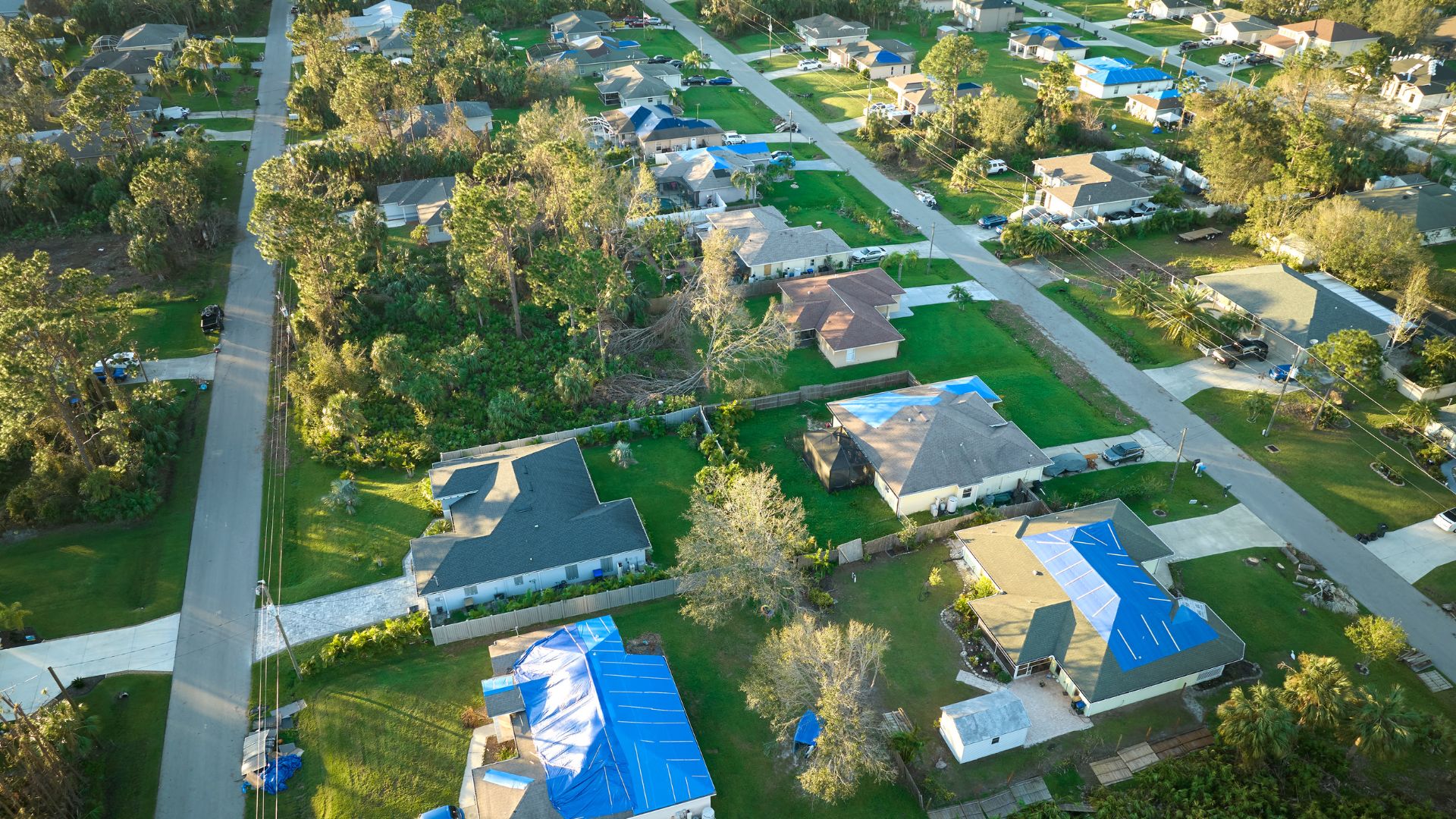Roofs are a critical component of any building, providing essential protection from the elements. Whether you’re a homeowner, a business owner, or just curious about roofing, understanding the basics can help you make informed decisions. Here, we address some of the most frequently asked questions about roofs.

1. What are the most common types of roofing materials used?
In the USA, several roofing materials are commonly used, each with its own benefits and drawbacks:
- Asphalt Shingles: These are the most popular roofing material due to their affordability and ease of installation. They come in a variety of colors and styles.
- Metal Roofing: Known for its durability and longevity, metal roofing can withstand harsh weather conditions. It also offers energy efficiency benefits.
- Clay and Concrete Tiles: These materials are highly durable and provide excellent insulation. They are often used in regions with hot climates.
- Wood Shingles and Shakes: Wood roofing offers a natural aesthetic but requires regular maintenance to prevent issues such as rot.
- Slate: Slate roofs are known for their longevity and elegance, though they are often more expensive and require professional installation.
2. How often should I inspect my roof?
It’s recommended to inspect your roof at least twice a year—typically in the spring and fall. Additionally, you should check your roof after severe weather events such as storms or heavy snowfall. Regular inspections can help identify issues early and prevent costly repairs.
3. What signs indicate that my roof needs repair or replacement?
Look out for the following signs that may indicate your roof needs attention:
- Missing or Damaged Shingles: If shingles are missing, cracked, or curled, it could be a sign that your roof needs repair or replacement.
- Leaks and Water Stains: Water stains on your ceiling or walls often indicate a leaky roof. This could be due to damaged flashing or shingles.
- Granules in Gutters: If you find shingle granules in your gutters, it may indicate that your shingles are deteriorating.
- Sagging Roof Deck: A sagging roof deck can be a serious issue, often caused by structural problems or water damage.
4. How long does a roof typically last?
The lifespan of a roof depends on the material used:
- Asphalt Shingles: 15-30 years
- Metal Roofing: 40-70 years
- Clay and Concrete Tiles: 50-100 years
- Wood Shingles and Shakes: 20-40 years
- Slate: 75-200 years
Proper maintenance can extend the life of your roof and ensure it performs well over the years.
5. What factors should I consider when choosing a roofing contractor?
When selecting a roofing contractor, consider the following factors:
- Experience and Reputation: Look for contractors with a proven track record and positive customer reviews.
- Warranty: Check the warranty offered on both the materials and the workmanship.
- Written Estimate: Obtain a detailed, written estimate that outlines the scope of work and costs.
6. Are there any incentives or rebates for installing energy-efficient roofing?
Yes, there are various incentives and rebates available for installing energy-efficient roofing materials. These can include federal tax credits, state rebates, and utility company incentives. Check with your local government and utility providers to see what options are available in your area.
7. How can I maintain my roof to ensure its longevity?
To maintain your roof effectively:
- Clean Gutters Regularly: Remove debris from gutters and downspouts to prevent water damage.
- Trim Overhanging Branches: Cut back tree branches that may cause damage or obstruct water flow.
- Inspect for Damage: Regularly check for and address any signs of damage or wear.
- Address Problems Promptly: Fix issues as soon as they arise to prevent them from worsening.
Conclusion
Understanding your roof and its needs can help you protect your investment and ensure your home remains safe and secure. Regular maintenance and timely repairs are key to extending the life of your roof and avoiding costly issues. If you have any more questions or need professional assistance, don’t hesitate to reach out to a qualified roofing contractor.






